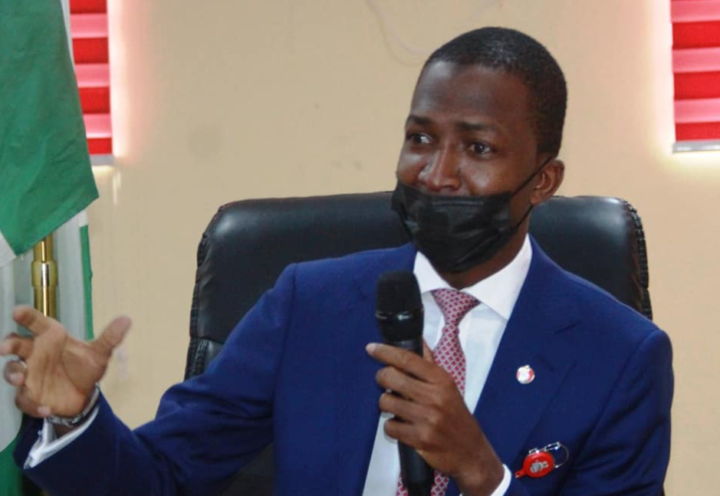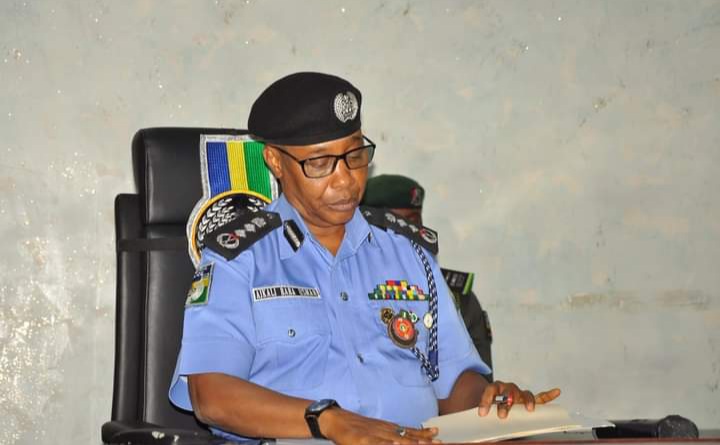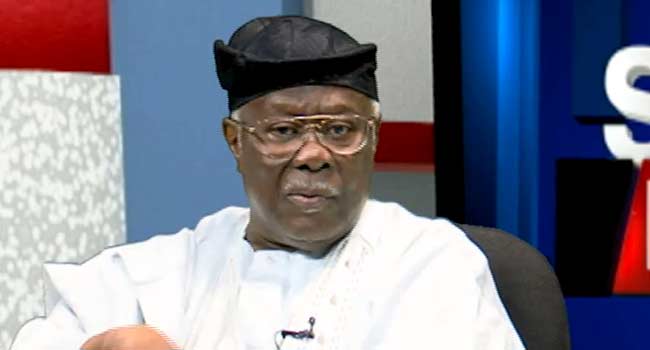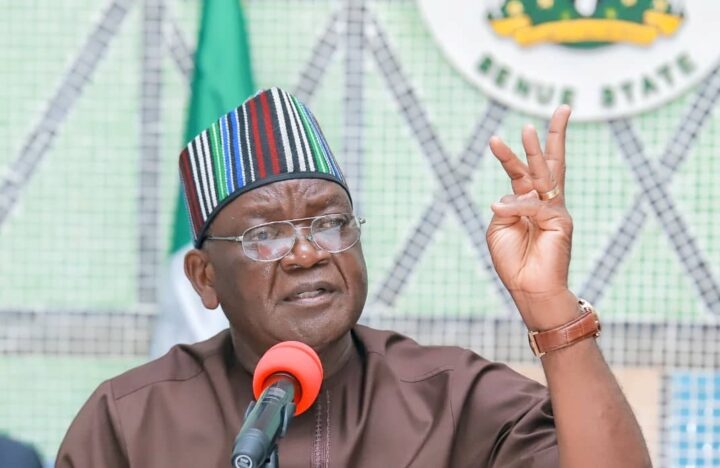The Oodua Nationalist Coalition (ONAC), an organisation of 25 pan-Yoruba groups, says the call for the sack of Abdulrasheed Bawa, chairman of the Economic and Financial Crimes Commission (EFCC), is self-serving and not in the best interest of Nigerians.
In a statement on Monday, the coalition said removing Bawa from office at this time will weaken the anti-graft organisation and fuel political interference in the affairs of the agency.
The coalition added that the grounds for the call for Bawa’s sack based on contempt is an illogical proposition.
On February 17, some anti-corruption civil society organisations (CSOs) staged a protest calling for the sack of Bawa over contempt of court.
Advertisement
The CSOs said Bawa must be sacked, claiming that he is a serial violator of court order and not fit to be the head of an agency that is supposed to sanitise the society.
But the Yoruba coalition group said those behind the call for Bawa’s sack are politically exposed persons (PEPs) who have a case to answer with the EFCC.
“We are in the best position to resist this attempt to remove the EFCC Chairman for political reasons. The removal of the head of such a strategic organisation cannot be in the interest of Nigerians at this moment. We on the other hand call on politically exposed persons to stop the attacks on the EFCC,” the group said.
Advertisement
“Bawa should be allowed to complete the on-going investigations against some important political figures, including those in the ruling party, APC, who are desperate to ensure the removal of the EFCC chairman, hiding under the illogical proposition that he has failed to obey court orders.
“In law, if the EFCC chairman fails to obey court order, the aggrieved should file contempt proceedings. Jumping to the rash conclusion that he should be removed is unreasonable, selfserving and unproductive.
“Tampering with the leadership of the EFCC will send very wrong signal to local and international communities. We also call on the newly elected president, state governors and lawmakers to allow the EFCC to do its work without political interference.”
Advertisement
Add a comment






